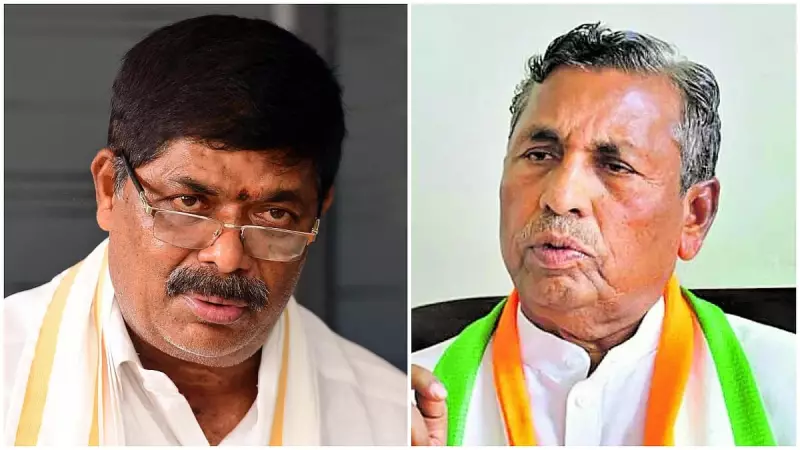
In a startling revelation that has sent shockwaves through Karnataka's political corridors, the state's anti-corruption watchdog has exposed massive non-compliance among elected representatives. The Karnataka Lokayukta has flagged an alarming 100 legislators, including five sitting ministers, for failing to declare their assets within the mandated deadline.
Widespread Non-Compliance Uncovered
The Lokayukta institution, tasked with maintaining ethical standards in public life, discovered this massive breach during its routine compliance checks. According to official documents, the defaulters include:
- Five cabinet ministers holding significant portfolios
- 95 other members of the legislative assembly
- Numerous first-time and senior legislators across party lines
Legal Mandate Being Flouted
Under the stringent provisions of the Karnataka Lokayukta Act, all public representatives including MLAs and ministers are legally bound to submit their asset declarations annually. This transparency mechanism is crucial for:
- Tracking unexplained wealth accumulation
- Ensuring accountability to constituents
- Maintaining public trust in democratic institutions
- Preventing corruption and conflict of interest
Investigation and Consequences
The Lokayukta has initiated a thorough investigation into the matter, examining whether the non-compliance is merely procedural or indicates deeper concerns. Legal experts emphasize that persistent defaulters could face serious consequences, including:
- Disciplinary action under anti-corruption laws
- Potential disqualification proceedings
- Damage to political credibility and public image
- Legal penalties as prescribed under the Act
Political Fallout and Public Reaction
The exposure has triggered widespread criticism from opposition parties and civil society organizations. Transparency advocates have condemned the casual approach of elected representatives toward mandatory disclosures, questioning their commitment to clean governance.
This development comes at a sensitive time when public trust in political institutions is already under strain. The massive scale of non-compliance has raised serious questions about the effectiveness of existing accountability mechanisms and the political establishment's willingness to practice what they preach regarding transparency.
The Lokayukta has given the defaulting legislators a final opportunity to comply before initiating stricter action, setting the stage for a crucial test of political accountability in Karnataka.






